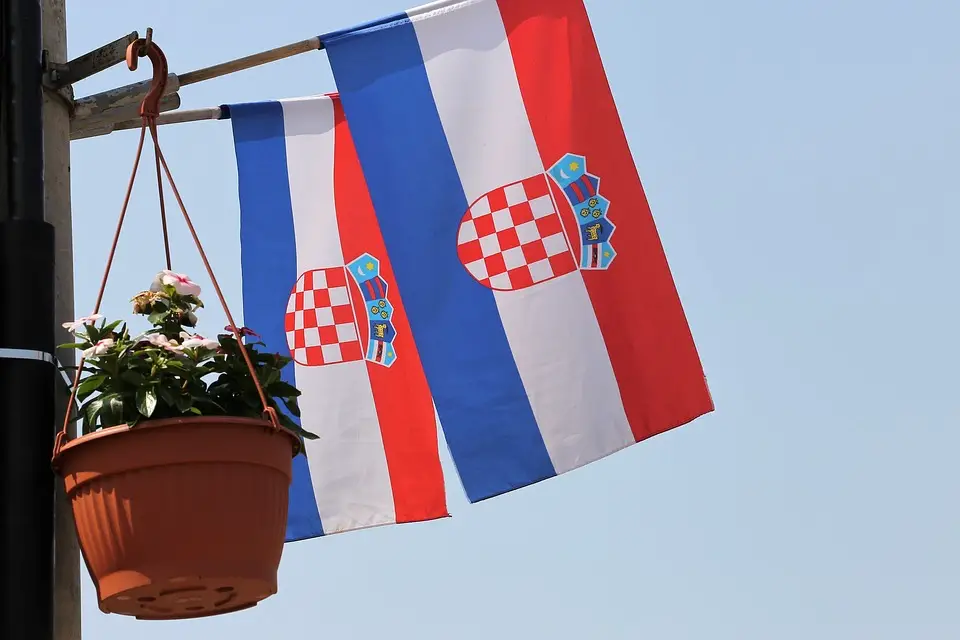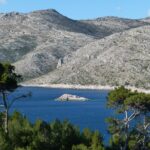As Poslovni Dnevnik/Darko Bicak writes, a proper education is one of the fundamental pillars of a modern democratic society and a condition for its economic and social development. Over recent years, there has been a growing awareness of the need for lifelong learning in all segments of society, including in politics.
Recent political elections have shown that it is becoming increasingly important to voters who exactly the candidates are, what qualities they possess, what their life and professional path is, what they stand for, and less and less which party they belong to, which is a big change for Croatia.
New options appear on the scene and sometimes voters go with them in an attempt to break out of the normal political routines in Croatia. However, even with the true good will to do something positive, they lack knowledge about the functioning of the political system, the ways of making decisions, management in politics, and the proper ways of communicating with target audiences. Therefore, they disappear very quickly and we’re constantly looking for something and someone new.
This was the reason why Edward Bernays University College in Zagreb decided to create an interdisciplinary lifelong learning programme that offers Croatian politicians and those in that world all of the knowledge necessary for political action in one place.
As explained by doc. dr. sc. Damir Jugo, Dean of Edward Bernays University College, the Political Academy programme is intended for politically active or engaged individuals at all levels of national, local and regional policy who have the desire and need to upgrade their political competencies, knowledge, skills and experience in the programme.
“We expect interest among mayors, prefects, heads of local government units, members of parliament, presidents of city councils and districts, but also all other actors in political life in Croatia. I believe that people will also welcome this kind of investment from Croatian politicians in their personal and professional development, which, as a universal education of this type, is a novelty on the market.
We mustn’t neglect the arrival of new generations of Croatian politicians who to some extent have no real concrete political experience, but have the desire and energy that they would like to politically capitalise on – such a programme gives them the opportunity to fill that gap,” said Jugo.
He added that during the development of the programme, they were guided by the fact that it enables participants to acquire the necessary knowledge to take quality political action in one place. It can all be adapted to the Croatian political environment, be practical and applicable in political activities, to be inclusive and open to all participants and their political preferences and party colours, and participants can be guided through the programme by lecturers who, in addition to theoretical knowledge, also have practical experience gained in managing political processes, advising political actors or analysing the Croatian and international political scene.
At Bernays, they emphasise that the key feature of the programme, ie its lecturers, is that they come from different political scenes, which gives the programme additional breadth, and enables Croatian politicians partaking to acquire all of the practical knowledge they might need from lecturers from different political spectrums.
Such a license to engage in public affairs is mandatory in many countries around the world, and the most famous is the Ecole National d’Administration (ENA), whose students are responsible for implementing public policies in France.
Jugo explains that such a practice is not only recognised in France, but, globally, and across many developed countries.
“I think that current trends are heading in that direction, but I must point out that specific policy areas have already recognised the importance of the specialised education of new staff, so there are, for example, the Diplomatic Academy and the School of Public Administration. But I believe that the need for comprehensive education for political action will emerge over time, and I’m convinced that all parties on the political spectrum could agree on that.
In the case of Bernays’ Political Academy, it isn’t a license, but an informal interdisciplinary programme of lifelong learning, upon the completion of which participants obtain a certificate,” explained Jugo.
As part of the programme from this Political Academy, all relevant topics related to political action will be addressed, including the topic of transparency in political action.
“Transparency in decision-making and planning, financial transparency, digitalisation, all these are the topics of the module which aims to educate students about the knowledge and skills they will be able to act upon. If the system or person is transparent, the chances of conflict of interest and corruption are minimal,” said Jugo when asked how they intend to educate public officials and Croatian politicians about the biggest problem on the Croatian political scene in the past 30 years – corruption and conflict of interest.
The programme lasts 120 hours and is implemented through 10 modules over a period of three months. The training covers: political management, political process management, strategic leadership, image management and personal branding, advanced communication skills, public appearances, communication with the media and media appearances, diplomatic protocol and political behaviour, and the organisation and proper management of political campaigns.
Bernays emphasises that the biggest advantage of the Political Academy programme is that the lecturers all have very rich political experience, and at the same time they come from different political options, which gives the programme more breadth and additional quality. Jugo is convinced that the Bernays’ Political Academy will contribute to improving the quality of political activity in Croatia, and that in the future a new generation of individuals will restore confidence in politics and Croatian politicians themselves.
For more, follow our politics section.









